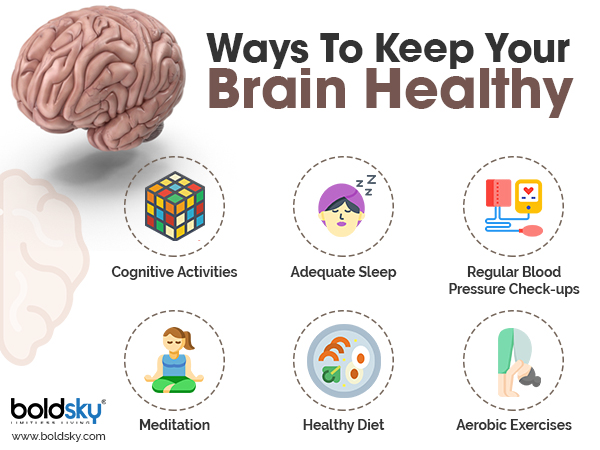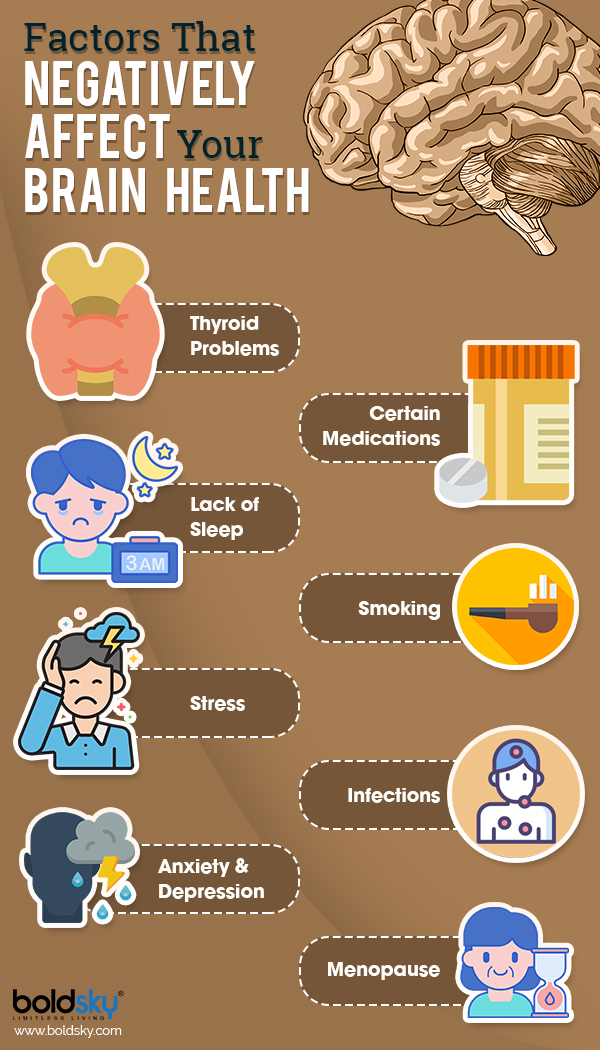Just In
- 1 hr ago

- 2 hrs ago

- 6 hrs ago

- 10 hrs ago

Don't Miss
- News
 Euro Zone Economy Faces Risks Without Interest Rate Cuts: ECB Member Warns
Euro Zone Economy Faces Risks Without Interest Rate Cuts: ECB Member Warns - Sports
 IPL 2024: More pressure on Hardik Pandya as Dale Steyn suggests MI captain to step up and help Jasprit Bumrah
IPL 2024: More pressure on Hardik Pandya as Dale Steyn suggests MI captain to step up and help Jasprit Bumrah - Movies
 Coachella: AP Dhillon's Tribute To Sidhu Moosewala Goes Viral Amid Guitar Controversy, Fans REACT To VIDEO
Coachella: AP Dhillon's Tribute To Sidhu Moosewala Goes Viral Amid Guitar Controversy, Fans REACT To VIDEO - Technology
 Vivo V30e Launch Date in India set for May 2: Flipkart Availability Confirmed
Vivo V30e Launch Date in India set for May 2: Flipkart Availability Confirmed - Finance
 Rs 14/Share Dividend: Stockbroking Co To Consider Bonus Share, Shares Up 126% In 180-Days
Rs 14/Share Dividend: Stockbroking Co To Consider Bonus Share, Shares Up 126% In 180-Days - Travel
 Journey From Delhi To Ooty: Top Transport Options And Attractions
Journey From Delhi To Ooty: Top Transport Options And Attractions - Education
 IIIT-Bangalore Introduces PG Diploma In Digital Product Design And Management
IIIT-Bangalore Introduces PG Diploma In Digital Product Design And Management - Automobiles
 Jawa Yezdi Expands Mega Service Camps To 32 New Cities, Focusing On Tier-II And Tier-III Regions
Jawa Yezdi Expands Mega Service Camps To 32 New Cities, Focusing On Tier-II And Tier-III Regions
Sex, Sudoku Or Sugar: Which Can Help Improve Your Brain Health?
An energy-intensive organ, your brain is the central organ in your body. Controlling your every action, it is important that one maintains the brain healthy. The single most significant aspect that plays a major role in brain health is your lifestyle.
The food you consume, exercise routines, sleeping habits and even your social activities are all contributing factors to your brain health. Various health measures, such as cognitive games, brain exercises, brain-healthy foods and diet-plans are being increasingly developed, stressing on the importance of maintaining your brain healthy [1] [2] .

A recent study conducted by Dr Lila Landowski, a neuroscientist with the School of Medicine, explored the impact of certain aspects such as sex, sudoku and sugar on bettering one's brain health. The researcher considered the aforementioned elements and studied those to examine if these did have a positive impact on improving one's brain health [3] .
We have all heard ever and again that doing crosswords or having some extra time under the sheets can help improve your cognitive skills. However, how much of is it true? Read on to know if and how these three aspects can help improve your brain health.
Sex For Brain Health
Having sex just does not make you feel good, it also makes your body feel great. Sex is extremely beneficial for your overall health, mainly because it involves exercising your body. That is, the study stresses the importance of positive sexual activity (one that has shared enthusiasm) and the ability it has in improving neurogenesis [4] .
When involved in a positive sexual activity, your body releases oxytocin in the brain, which is also referred to as the 'love hormone', not only helps you improve your bond with your partner but also in reducing the levels of the stress hormone cortisol in your blood.

And, orgasms release the hormone prolactin which plays a significant role in making you feel relaxed and devoid of stress. However, masturbation does not have any vital role in improving your brain health as it only releases a minor per cent of prolactin[5] .
Dr Landowski concluded that, YES, sex does have a positive role in improving your brain health.
Sudoku (And Crosswords) For Brain Health
Upon exploring the common assertion that playing sudoku can help improve one's brain health, the study took into consideration the possible impact crossword puzzles may have on brain health. The researcher pointed out that, practising sudoku constantly does not help in improving your brain health [6] [7] .
Neuroplasticity explains this by asserting that pathways and connections in the brain change through experience and our brain adapts to it, but it does not mean that your brain health has improved.
It means that you (your brain) will be good at solving sudokus but not at solving a mathematical equation. Thus, the researcher concluded that practising sudokus will NOT HELP improve your brain health.
Sugar For Brain Health
It is necessary for the functioning of your brain. The brain requires sugar (in the form of glucose) to function. The body turns sugar and other complex carbohydrates into glucose, which is then used for bodily functions by the brain.
However, the study points out the possible side effects that can arise in the event of overconsumption of sugar. Natural sugars or processed sugars are equally harmful when not consumed in moderation, especially for the brain [8] .
Excessive consumption of sugar restrains the growth of new neurones, which in turn causes the development of smaller hippocampus and memory impairment. It can also cause anxiety and depression in the long run [9] .
Therefore, it can be asserted that, in line with the research, sugar is NOT GOOD for your brain health.

Does Stress, Exercise And Meditation Help In Improving Brain Health?
Apart from the above-mentioned aspects, the researcher also considered other factors such as stress, meditation and exercise, that may help improve one's brain health.
Although it may sound futile, stress can be beneficial for your brain health. According to a study conducted by Harvard researchers, it was assessed that stress factors such as a pounding heart or sweating in the event of a challenge, is your brain preparing you to face the challenge which, in turn, helps in reducing the impact stress can have on your body [10] .
The study also points out that, it is not long-term stress that the study is talking about. Long-term stress can dampen your cognitive skills. So, a little bit of stress is good for your brain.
Exercising regularly is abundantly good for your brain health. It helps the brain release endorphins, the feel-good hormones, and endocannabinoids, which activate your brain's reward system. Doctors suggest the regular exercise of at least 10 min for people over the age of 60 due to its effectiveness in improving one's brain health [11] [12] .
One of the other aspects explored by the researcher is meditation and its impact on improving your brain health. No longer a semi-spiritual pseudoscience, mediation is prescribed by doctors as a means of improving brain health. Practising meditation not only reduces the levels of stress hormones but also improves your mood drastically.

On A Final Note...
On examining and assessing the study conducted by Dr Lila Landowski, it can be gathered that sex, exercise and meditation are extremely beneficial in improving one's brain health and limited (very little) amount of stress too can be beneficial. However, sudokus do not help in any way and sugar is extremely bad for your brain health.
- [1] Cotman, C. W., & Berchtold, N. C. (2002). Exercise: a behavioral intervention to enhance brain health and plasticity. Trends in neurosciences, 25(6), 295-301.
- [2] Cotman, C. W., Berchtold, N. C., & Christie, L. A. (2007). Exercise builds brain health: key roles of growth factor cascades and inflammation. Trends in neurosciences, 30(9), 464-472.
- [3] Landowski, L.M. (2019). Trying to boost your brain health with sudoku, sugar or even sex? Let's take a look at the evidence.
- [4] Panzica, G., & Melcangi, R. C. (2016). Structural and molecular brain sexual differences: a tool to understand sex differences in health and disease. Neuroscience & Biobehavioral Reviews, 67, 2-8.
- [5] Audet, M. C. (2019). Stress-induced disturbances along the gut microbiota-immune-brain axis and implications for mental health: Does sex matter?. Frontiers in neuroendocrinology, 100772.
- [6] Vance, D. E., Gakumo, C. A., Childs, G. D., Enah, C., & Fazeli, P. L. (2017). Perceptions of brain health and cognition in older African Americans and Caucasians with HIV: A focus group study. Journal of the Association of Nurses in AIDS Care, 28(6), 862-876.
- [7] Ross, L. A., Webb, C. E., Whitaker, C., Hicks, J. M., Schmidt, E. L., Samimy, S., ... & Visscher, K. M. (2018). The Effects of Useful Field of View Training on Brain Activity and Connectivity. The Journals of Gerontology: Series B.
- [8] Blair, C., & Raver, C. C. (2016). Poverty, stress, and brain development: New directions for prevention and intervention. Academic pediatrics, 16(3), S30-S36.
- [9] Romeo, R. D. (2017). The impact of stress on the structure of the adolescent brain: Implications for adolescent mental health. Brain research, 1654, 185-191.
- [10] Jackson, P. A., Pialoux, V., Corbett, D., Drogos, L., Erickson, K. I., Eskes, G. A., & Poulin, M. J. (2016). Promoting brain health through exercise and diet in older adults: a physiological perspective. The Journal of physiology, 594(16), 4485-4498.
- [11] Freeman, C. R., Zehra, A., Ramirez, V., Wiers, C. E., Volkow, N. D., & Wang, G. J. (2018). Impact of sugar on the body, brain, and behavior. Frontiers in bioscience (Landmark edition), 23, 2255-2266.
- [12] Zuker, C. S. (2015). Food for the brain. Cell, 161(1), 9-11.
-
 insyncParis 2024 Olympics: 300,000 Condoms To Be Distributed Within Olympic Village, When Did This Tradition Start?
insyncParis 2024 Olympics: 300,000 Condoms To Be Distributed Within Olympic Village, When Did This Tradition Start? -
 insyncGoogle's Top Sex Queries Of 2023 Revealed: Top Naughty Questions
insyncGoogle's Top Sex Queries Of 2023 Revealed: Top Naughty Questions -
 healthIs There A Male Contraceptive Pill? Are They Safe? Is It Available In India?
healthIs There A Male Contraceptive Pill? Are They Safe? Is It Available In India? -
 healthDiabetes and Sexual Dysfunction in Males: Why It Is A Rising Concern
healthDiabetes and Sexual Dysfunction in Males: Why It Is A Rising Concern -
 pregnancy parentingWhat Does Pregnancy Glow Reveal About Your Baby’s Sex?
pregnancy parentingWhat Does Pregnancy Glow Reveal About Your Baby’s Sex? -
 pregnancy parentingEverything You Need To Know About The Morning-After Pill: A Listicle
pregnancy parentingEverything You Need To Know About The Morning-After Pill: A Listicle -
 healthTips To Improve Intimate Sensation For Women
healthTips To Improve Intimate Sensation For Women -
 healthHas Sweden Made Sex An Official Sport? Is Sex As Healthy As Sports?
healthHas Sweden Made Sex An Official Sport? Is Sex As Healthy As Sports? -
 healthKegel Exercises For Improved Intimacy For Men And Women
healthKegel Exercises For Improved Intimacy For Men And Women -
 healthReasons For Painful Intercourse For Women, When To See A Doctor
healthReasons For Painful Intercourse For Women, When To See A Doctor -
 disorders cureWhat Is Sleep Sex (Sexosmnia)? How To Know If You Have It; Who Is At Risk?
disorders cureWhat Is Sleep Sex (Sexosmnia)? How To Know If You Have It; Who Is At Risk? -
 yoga3 Simple Yoga Poses For Intimacy And Better Sex Life
yoga3 Simple Yoga Poses For Intimacy And Better Sex Life


 Click it and Unblock the Notifications
Click it and Unblock the Notifications



